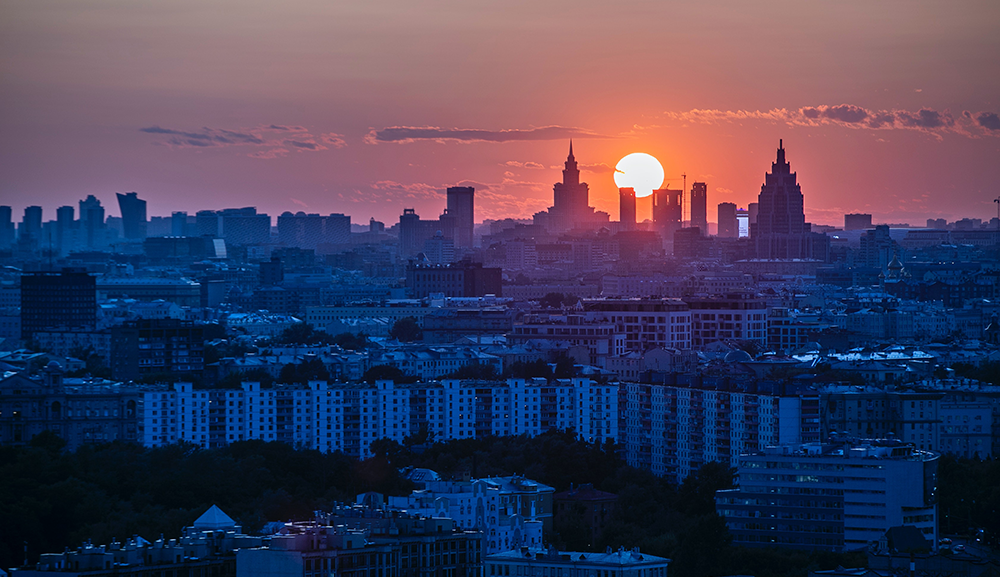Throughout March, there was an active discussion in Russian educational circles about the law on the regulation of educational activities. Despite the fact that scientists and artists opposed it with a united front, it was first adopted by the State Duma, and yesterday, March 31, the Federation Council also approved it. This means that the law will most likely come into force very soon (unless the president refuses to sign it, which is unlikely). We asked lawyers if this law would affect the gaming industry, which is also engaged in educational activities: conducts courses and holds conferences.
In fact, initially we had a different plan. We wanted to talk about the law, including with those who are engaged, for example, in education in game development (for example, they conduct courses on a paid basis). However, it quickly became clear that many of them are not ready to comment on the law. One of the reasons is that the law lacks specifics. It, as is often the case with laws in Russia, gives a wide field for interpretation, and also does not fix the rules. But let’s talk about everything in order.
The main thing in the law: it introduces a new term — educational activity.
“It is understood as that activity outside of educational programs that is associated with the dissemination of knowledge and experience, the formation of skills and abilities, as well as values and competencies for the intellectual, creative and professional development of a person,” Roman Lukyanov, managing partner of Semenov & Pevzner law firm, shares with us.
Based on this definition, he concludes that game development courses and conference presentations fall under the definition of educational activities. This means that the adopted law directly concerns them.
Alina Davletshina, senior associate at VERSUS.legal, agrees with him. But she hopes that gaming events related to education will not attract much attention from the authorities. Still, according to the Explanatory Note to the law, its main message is to prevent anti—Russian forces from implementing anti-Russian activities under the guise of educational activities.
The main problem of the law is not a new concept, but the consolidation of the right for the Government of the Russian Federation to decide both how educational activities should be carried out and how their control should take place. This is what led to sharp criticism of the law, to the fact that officials were accused of trying to use it to impose censorship in education.
But that’s only half the trouble. The main one is that neither the rules of conduct nor the rules of control were prescribed in the law. It only mentions that educational activities cannot be carried out:
- to incite social, racial, national or religious discord;
- for agitation promoting the exclusivity, superiority or inferiority of citizens on the basis of social, racial, national, religious or linguistic affiliation, their attitude to religion, including by reporting false information about historical, national, religious and cultural traditions of peoples;
- and also to encourage actions contrary to the Constitution of the Russian Federation.
“Obviously, we should wait for the Government’s resolution on this issue to understand how critical (or uncritical) everything is,” Lukyanov concludes. — “Without it, it is impossible to say how much reality will change and whether something will change radically for courses and conferences.”
“Therefore, it remains to wait for the project and hope that the control will be soft,” Davletshina agrees.
Alina also says that it is worth noting another point in the law: “Now educational organizations can conclude agreements on educational issues with foreign organizations and citizens only after the approval of the Ministry of Education.”
This requirement applies only to educational organizations that operate on the basis of a license, for which educational activity is the main type of activity.
“That is, if an IT company decides to organize its courses in order to hire strong students as a result, this will not make it an educational organization (since the main focus of this company is still development, not training) and will not impose an obligation on it to coordinate something with the Ministry of Education“, — Davletshina explains.
Lukyanov also says this: “So far, it does not follow from the law itself that the presence of foreign speakers at conferences or courses is a problem.”
However, things may change when the Government shares its resolution.

